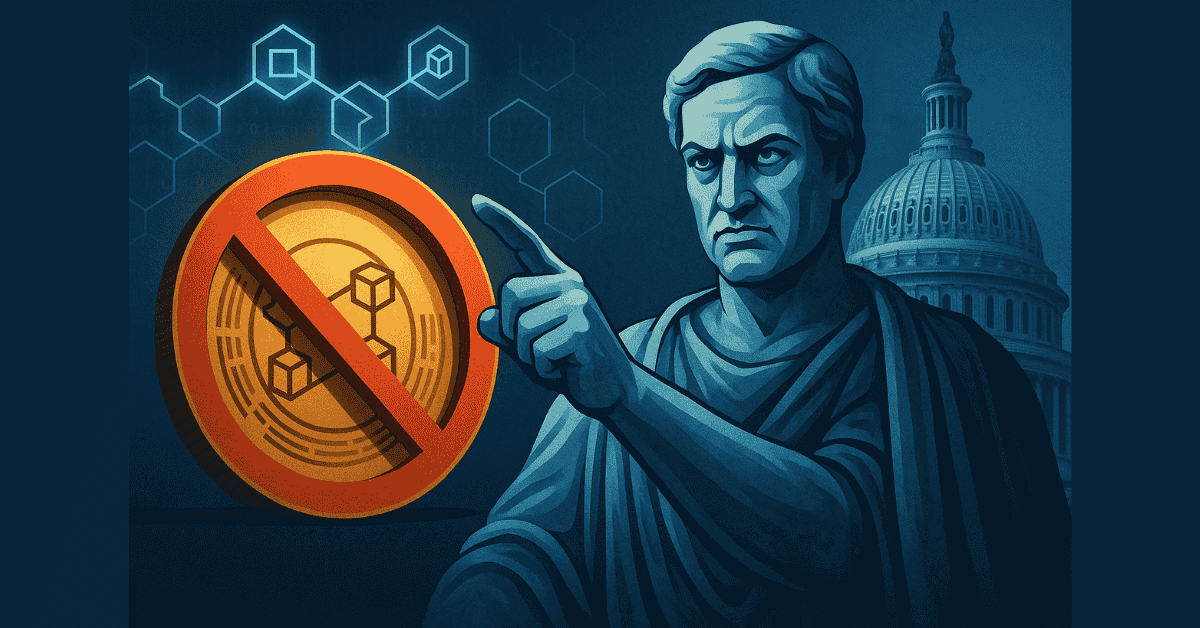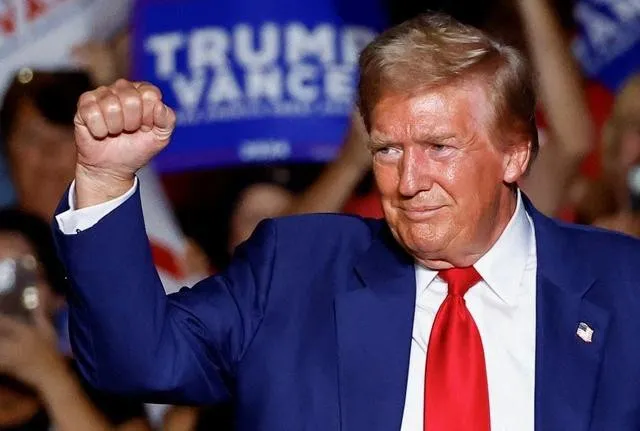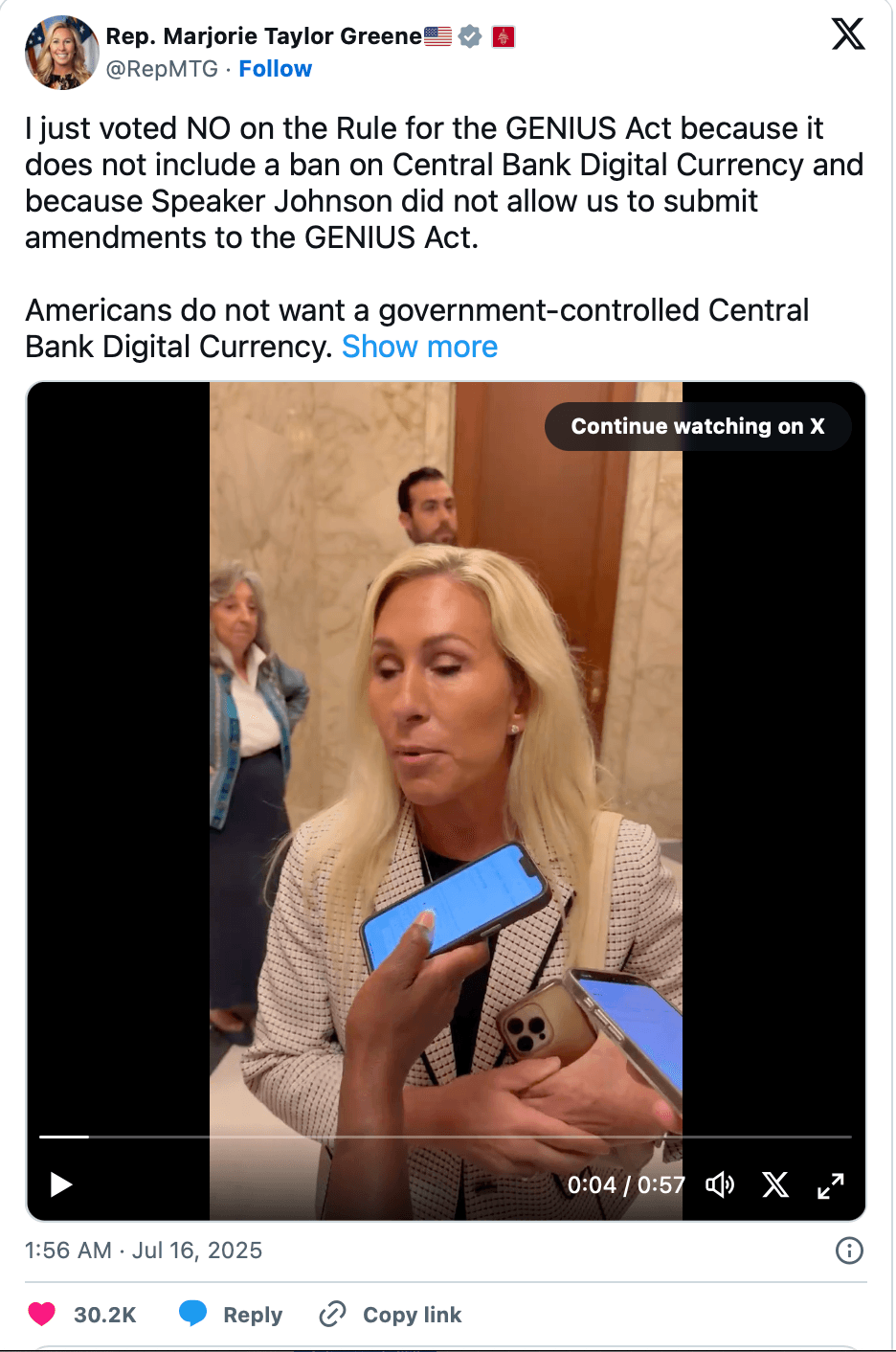
CBDC Clash Disrupts Key Crypto Bills in Congress
A sharp division within the Republican party over banning central bank digital currencies (CBDCs) is threatening to derail a series of long-anticipated crypto bills in the US House of Representatives.
On Tuesday, a procedural vote to advance three major cryptocurrency bills was unexpectedly canceled after a group of Republican lawmakers pulled their support, citing the lack of a clear CBDC ban in the legislation. Among them were high-profile figures like Andy Biggs, Marjorie Taylor Greene, and Chip Roy, who demanded a stronger stance against any future Federal Reserve-issued digital currency.
1. The Core Dispute: CBDC vs Crypto Legislation
The bills on the table — including the GENIUS Act (focused on stablecoin oversight), the Anti-CBDC Surveillance Act, and the CLARITY Act (defining crypto market structure) — were expected to be fast-tracked this week as part of a Republican push dubbed “Crypto Week.”
However, lawmakers like Biggs and Greene insist that unless the GENIUS Act explicitly bans a retail CBDC, they won’t support it.
“I just voted NO on the Rule for the GENIUS Act because it does not include a ban on central bank digital currency and because Speaker Johnson did not allow us to submit amendments to the GENIUS Act,” Green said
Others, including Biggs, argued that the current version leaves the door open for a “layered CBDC framework” and could undermine self-custody principles.
Source: Rep. Marjorie Taylor Greene ( X )
2. House Speaker Pushes Back on Bill Merging
House Speaker Mike Johnson confirmed that he is working to bring the bills forward again on Wednesday, but rejected calls to combine them into a single legislative package.
“We have to do them in succession,” Johnson reportedly told Politico, citing concerns from Senate partners who may not support a bundled bill.
Still, Johnson emphasized that passing the crypto bills is a shared priority of the House, Senate, and White House.
3. Time is Ticking: Congress Faces August Recess
The renewed push for crypto legislation is fueled by urgency — Congress will recess for a month starting in August, leaving a small window for progress. Meanwhile, Democrats have countered with a campaign dubbed “Anti-Crypto Corruption Week,” signaling their skepticism about the industry's influence in Washington.
Despite the stall, crypto industry insiders remain cautiously optimistic. Caitlin Long, CEO of Custodia Bank, reminded followers that procedural failures are not uncommon — noting the GENIUS Act also failed its first vote in the Senate before passing 11 days later.
4. Trump’s Executive Order Adds Political Pressure
Fueling Republican demands is a January 2024 executive order from former President Donald Trump, explicitly banning the Federal Reserve from launching a CBDC. That action has sharpened the ideological divide around digital currencies in the US, turning CBDCs into a flashpoint in the 2024 election cycle.

Trump Urges U.S. Congress to Reject CBDC
5. What’s Next?
The House is scheduled to reconvene Wednesday for more legislative business, with the fate of the crypto bills — and the future of US digital asset regulation — hanging in the balance.
As crypto continues to intersect with mainstream politics, CBDCs have become more than a technical issue — they are now at the heart of a broader fight over financial privacy, government control, and innovation in digital finance.
